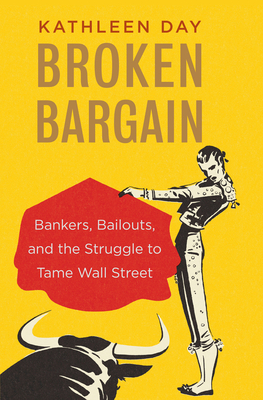Expedite your nonfiction book discovery process with Readara interviews, summaries and recommendations, Broaden your knowledge and gain insights from leading experts and scholars
In-depth, hour-long interviews with notable nonfiction authors, Gain new perspectives and ideas from the writer’s expertise and research, Valuable resource for readers and researchers
Optimize your book discovery process, Four-to eight-page summaries prepared by subject matter experts, Quickly review the book’s central messages and range of content
Books are handpicked covering a wide range of important categories and topics, Selected authors are subject experts, field professionals, or distinguished academics
Our editorial team includes books offering insights, unique views and researched-narratives in categories, Trade shows and book fairs, Book signings and in person author talks,Webinars and online events
Connect with editors and designers,Discover PR & marketing services providers, Source printers and related service providers

Broken Bargain: Bankers, Bailouts, and the Struggle to Tame Wall Street
History > United States - General
- Yale University Press
- Hardcover
- 9780300223323
- 9.3 X 6.4 X 1.3 inches
- 1.75 pounds
- History > United States - General
- (Single Author) Asian American
- English
Readara.com
Book Description
In the 1930s, battered and humbled by the Great Depression, the U.S. financial sector struck a grand bargain with the federal government. Bankers gained a safety net in exchange for certain curbs on their freedom: transparency rules, record-keeping and antifraud measures, and fiduciary responsibilities. Despite subsequent periodic changes in these regulations, the underlying bargain played a major role in preserving the stability of the financial markets as well as the larger economy. By the free-market era of the 1980s and 90s, however, Wall Street argued that rules embodied in New Deal-era regulations to protect consumers and ultimately taxpayers were no longer needed--and government agreed.
This engaging history documents the country's financial crises, focusing on those of the 1920s, the 1980s, and the 2000s, and reveals how the two more recent crises arose from the neglect of this fundamental bargain, and how taxpayers have been left with the bill.
Author Bio
Kathleen Day joined the Johns Hopkins Carey Business School in 2013. A business author and journalist, she is a full-time lecturer with a specialty in financial crises and how they spread; in corporate governance; and in business communication, particularly during crises.
Ms. Day previously taught at Georgetown University's graduate program in real estate, where she created an ethics course based on the series of financial crises in the United States over the last several decades, from the Great Recession through the 1980s banking crisis and the mortgage meltdown of 2007. In addition to financial crises, her interests include the related topics of corporate governance, particularly the history of the corporate form; government regulation and oversight; lobbying and campaign finance; ethics; crisis communication; and the application of artificial intelligence in finance.
She recently joined an initiative of a nonprofit group and several major corporations to raise the profile in the media and among policy makers of women, especially minority women, who are experts in business and technology.
Source: Johns Hopkins University
Videos
No Videos
Community reviews
No Community reviews

